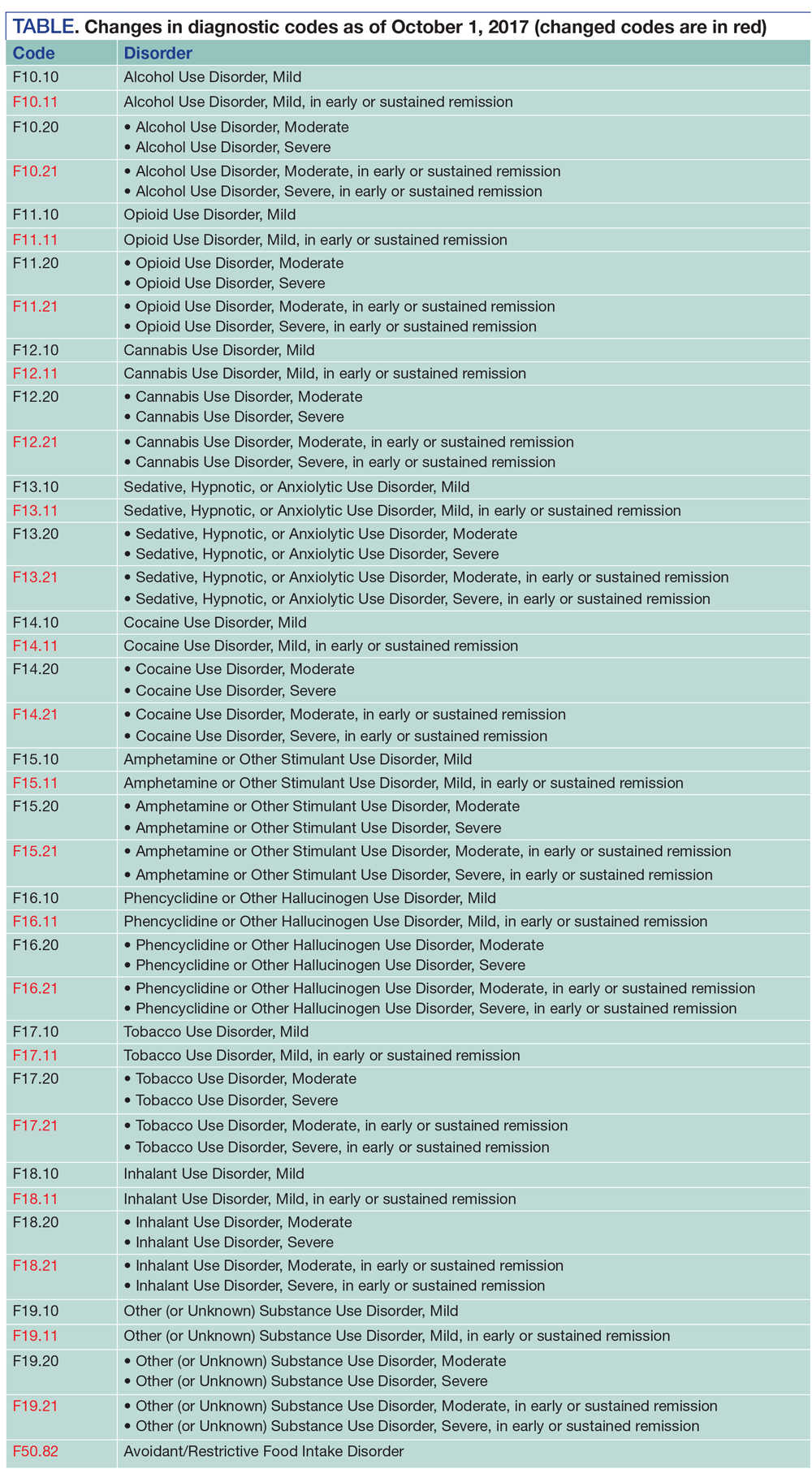
Overall, tolerance causes the need for more and more of a substance, over time, to get the same level of intoxication. It may also result in experiencing a diminished effect when using the same amount of the substance. Tolerance: An adaptation of the body over time, characterized by the brain attempting to adjust to the abnormally high level of drugs or alcohol in the body. This results in the need to increase the amount of alcohol (or drug) ingested to get the desired effect.Harm: Using substances continually, regardless of knowing about recurrent physical or psychological problems caused by the substance use.Hazard: Continued risky behavior (such as drinking and driving) regardless of hazardous consequences.

Activities: Losing interest in hobbies, foregoing important social engagements, and/or missing leisure activities because of substance use.Social: Recurring or ongoing social problems linked with substance use, but regardless of the problems, the substance use continues.Obligations: A pattern of being unable to meet major responsibilities at work, at school, or at home.Cravings: A strong desire and cravings to use the substance.Time: Spending a lot of time obtaining the substance and/or planning to use or thinking about using.



 0 kommentar(er)
0 kommentar(er)
